The government says the move aims to restore public trust, but many accuse the cabinet of trying to manipulate election conditions to its advantage. Recent polls indicate that Labour would only win about a third of the votes, the international V4NA news agency reported.
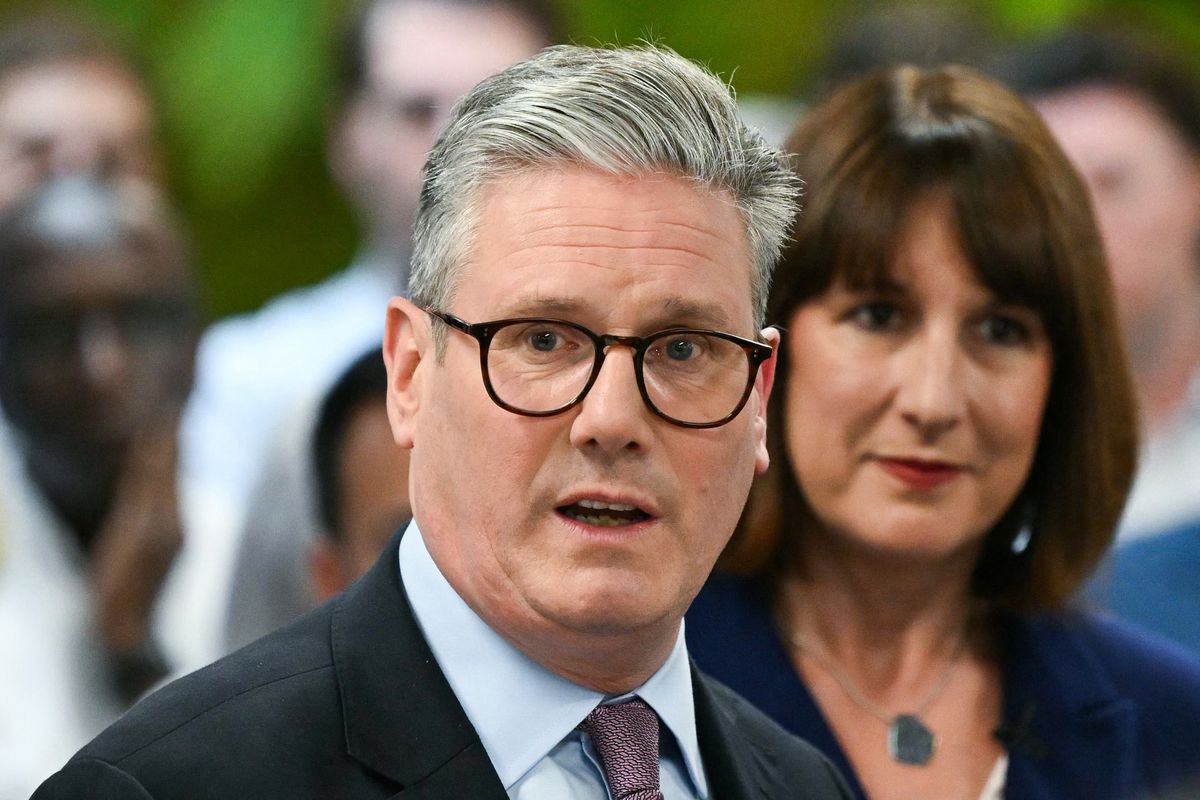
(Photo: AFP)
Lowering the voting age is part of a wider electoral reform bill. Deputy Prime Minister Angela Rayner stated that the plan "breaks down barriers to participation" and fulfills Labour’s promise to extend voting rights to young people who are already "working, paying taxes, and serving in the military." Democracy Minister Rushanara Ali called the plan a "generational step forward."
The Votes at 16 campaign group, supported by youth organizations and MPs, argues that starting voting at a younger age encourages lifelong civic participation, addressing the UK’s declining voter turnout, which fell to 59.7 percent in the 2019 general election. They also argue that young people concerned about issues like climate change, education funding and post-Brexit opportunities deserve a say in shaping their future.
However, Kevin Hollinrake, Shadow Minister for Communities, told the Daily Mail that the move could undermine democracy. He said:
Even 16- and 17-year-olds themselves don’t think they’re ready to vote. Since only 18 percent said they would definitely take part in elections, it’s clear this is more about politics than principle.
A Merlin Strategy poll confirms that even teenagers are divided on lowering the voting age: of 500 surveyed 16- and 17-year-olds, 49 percent opposed the idea while 51 percent supported it.
When asked who they would vote for, 33 percent supported Labour, but Reform UK came in second with 20 percent. Reform UK leader Nigel Farage does not support the proposal, stating:
I don’t support it, but I’m encouraged by the number of young people turning to us. This is an attempt to manipulate the political system, but we intend to give them an unpleasant surprise.
Most polls, however, still show that young people would vote for Labour if given the chance. According to a recent Focaldata survey, 35 percent of 16- and 17-year-olds support Labour.
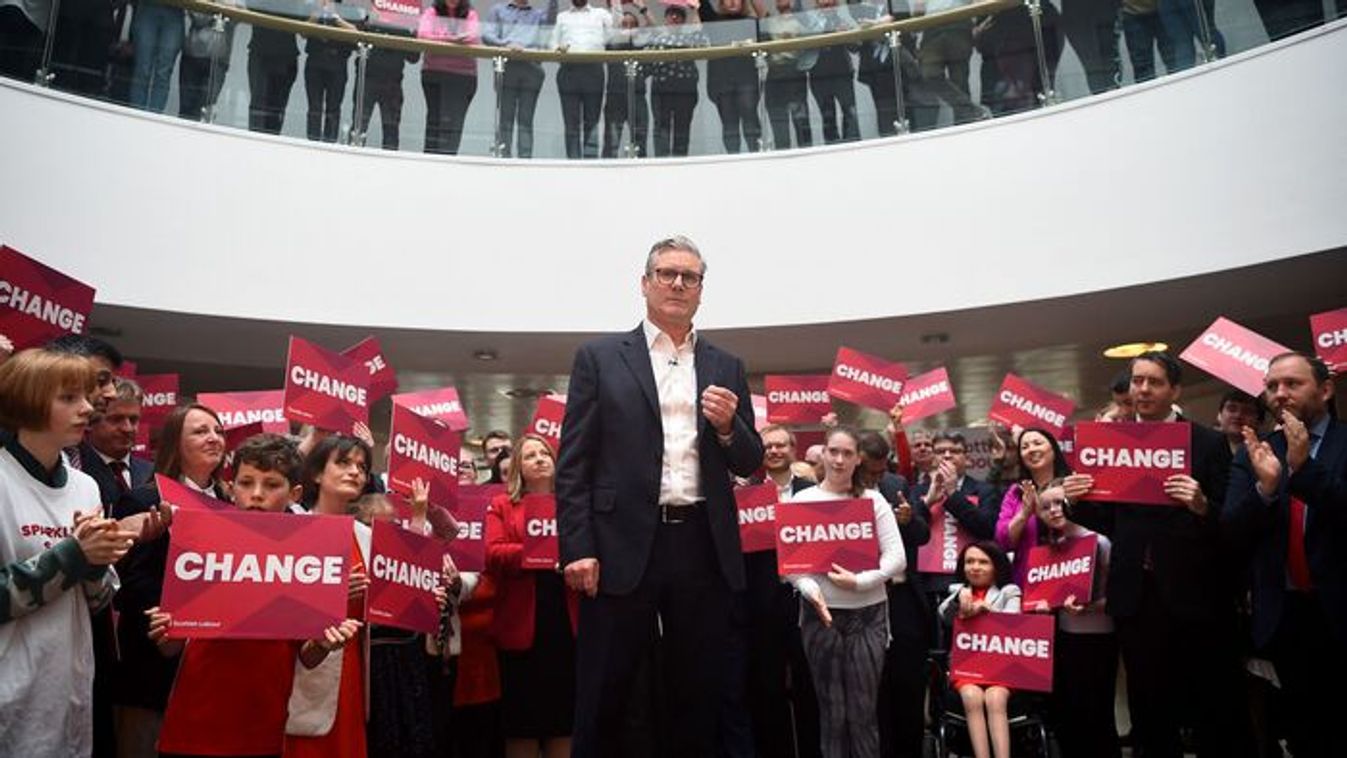
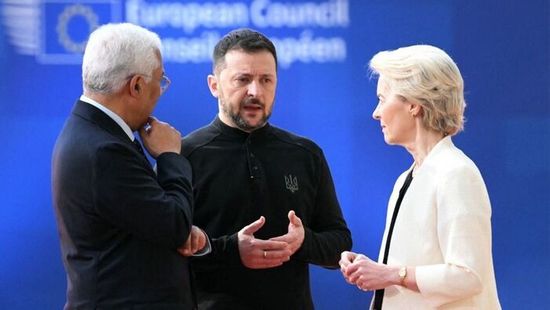

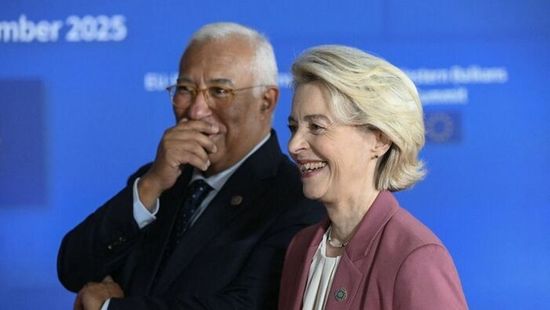
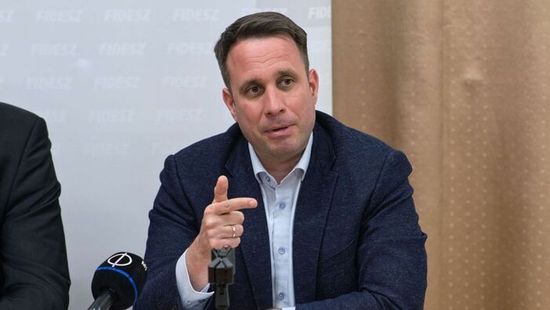

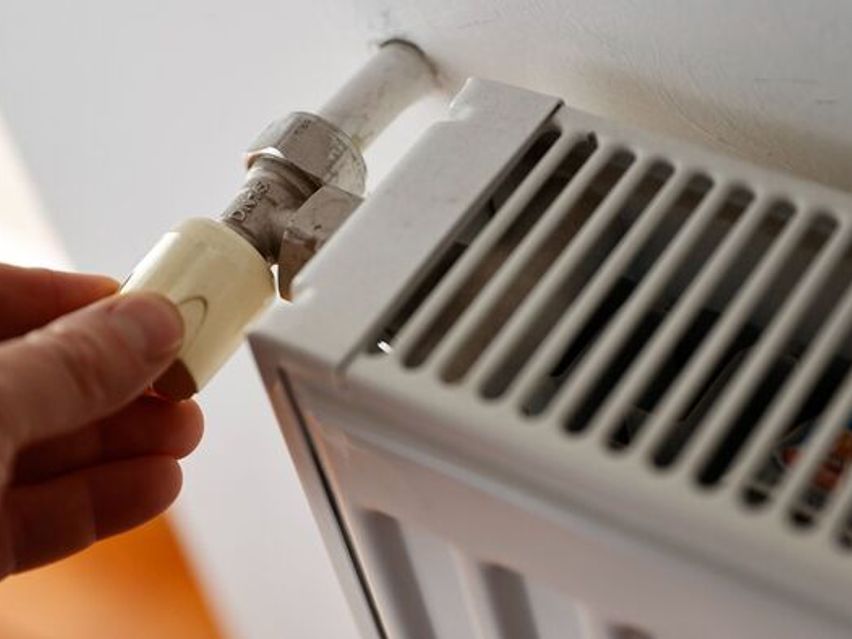
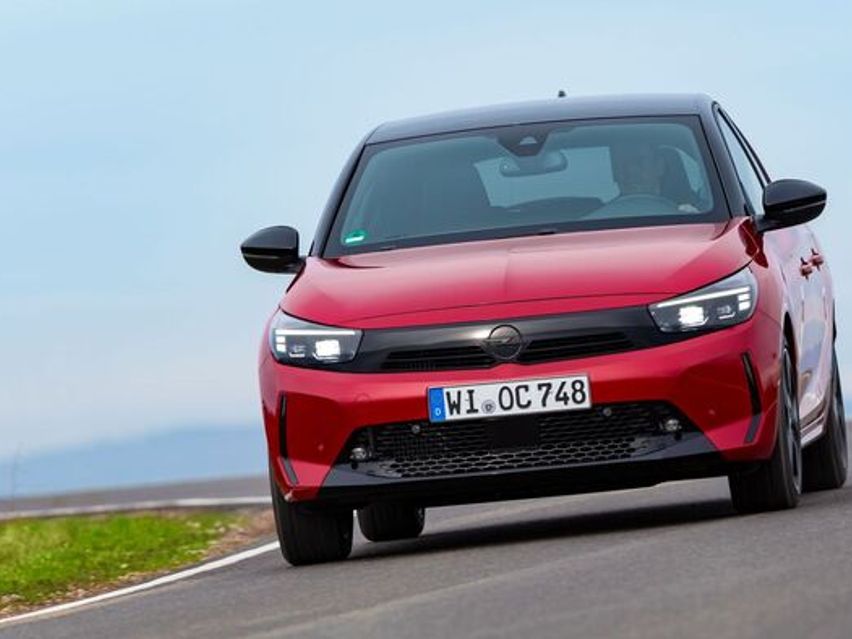




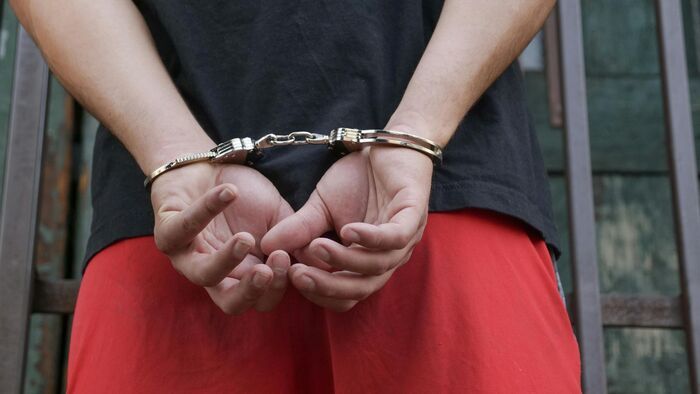

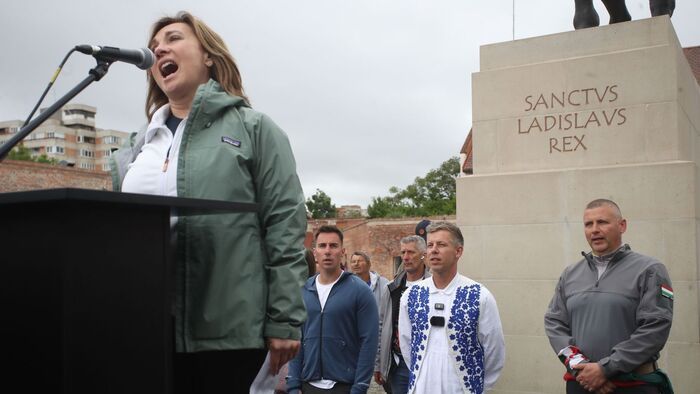
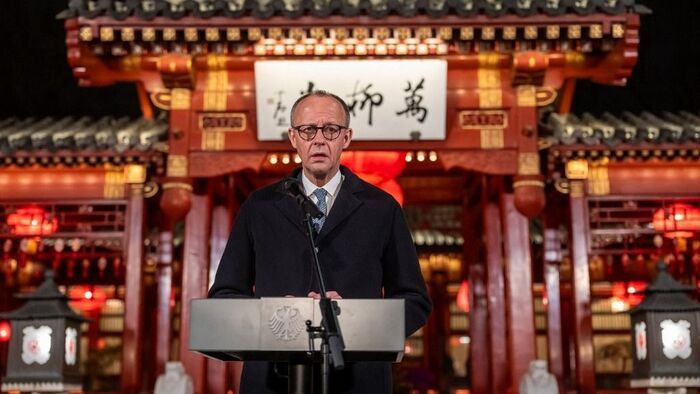
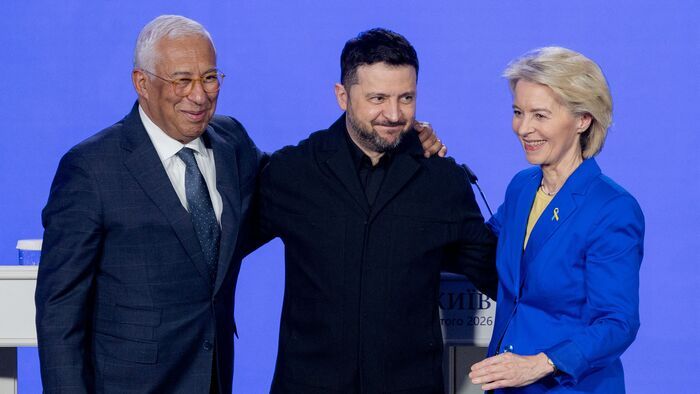
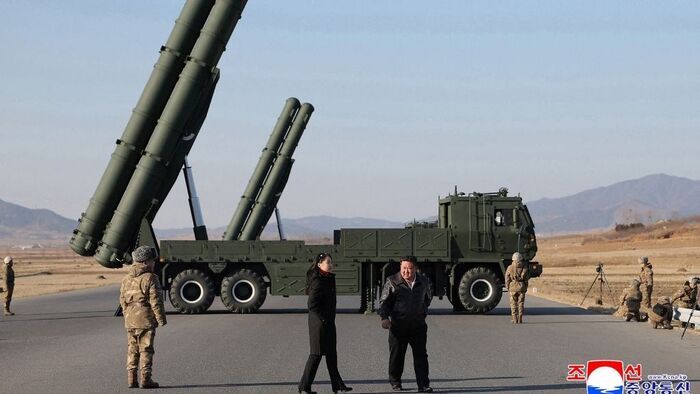

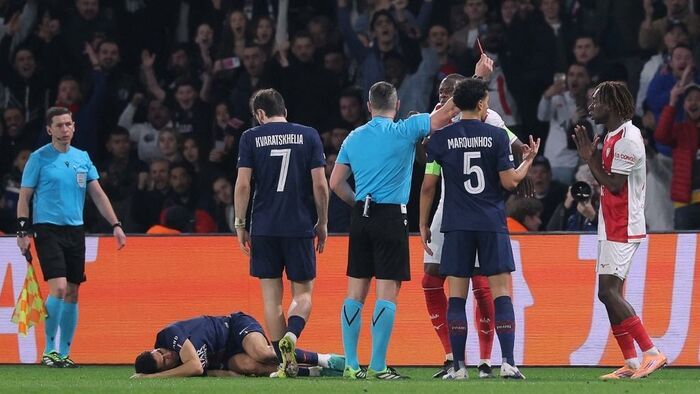
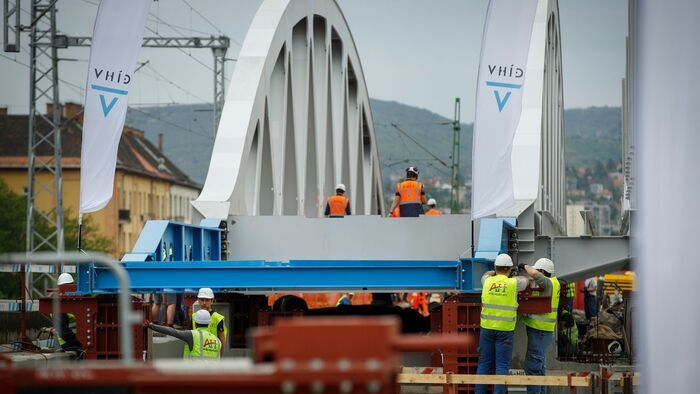

Szóljon hozzá!
Jelenleg csak a hozzászólások egy kis részét látja. Hozzászóláshoz és a további kommentek megtekintéséhez lépjen be, vagy regisztráljon!